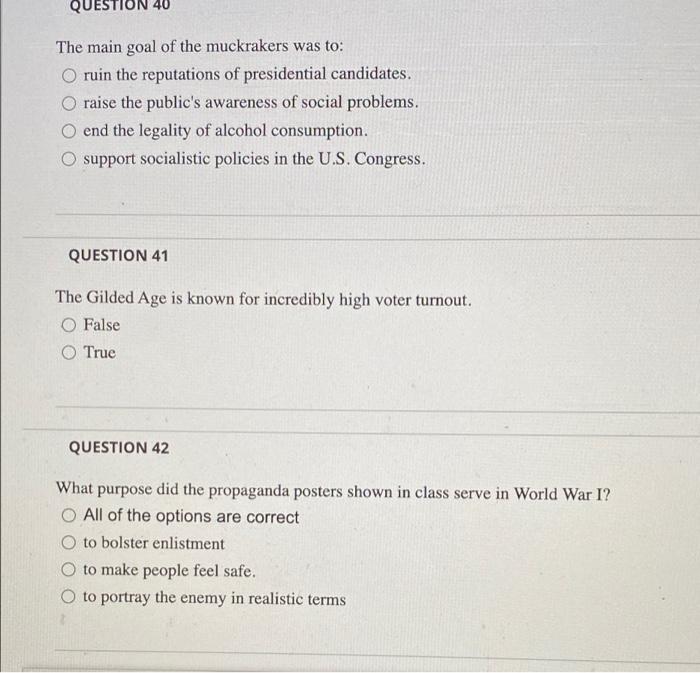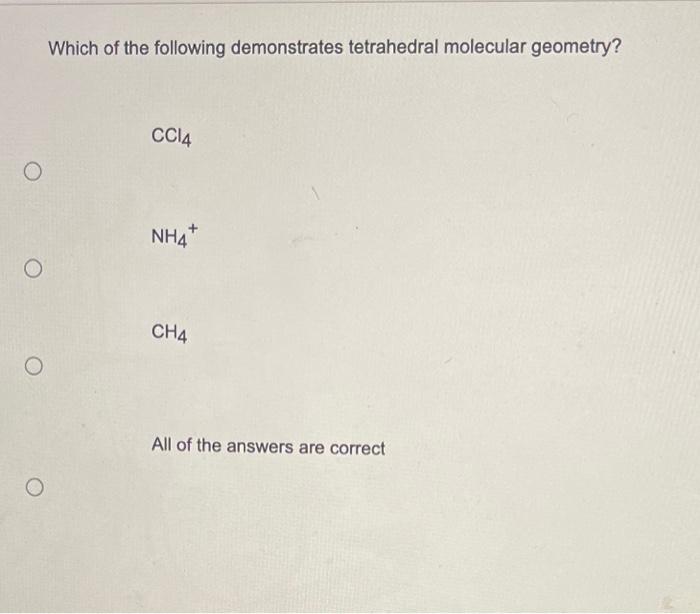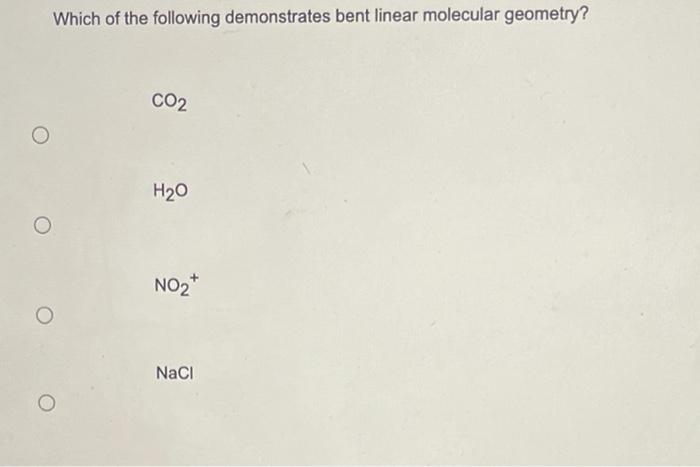Which of the following demonstrates a goal of muckrakers? Muckrakers, influential journalists and writers of the early 20th century, played a pivotal role in exposing corruption, promoting social reform, and raising awareness of social injustice. Their relentless pursuit of truth and justice left an enduring mark on American society, shaping public opinion and influencing policy changes.
Muckrakers employed a range of tactics to achieve their goals, including investigative journalism, vivid writing styles, and a willingness to confront powerful interests. Their work often sparked public outrage and led to significant reforms, making them instrumental in shaping the progressive era.
Exposing Corruption and Misdeeds: Which Of The Following Demonstrates A Goal Of Muckrakers
Muckrakers aimed to expose corrupt practices in business and government, shedding light on unethical and illegal activities. They employed investigative journalism techniques to uncover hidden truths and gather evidence. One notable example is Upton Sinclair’s “The Jungle,” which exposed the unsanitary conditions and exploitation in the meatpacking industry, leading to public outcry and policy changes.
Promoting Social Reform
Muckrakers advocated for social reforms to address societal issues. They supported causes such as labor rights, women’s suffrage, and public health. Ida Tarbell’s work on the Standard Oil Company highlighted the dangers of corporate monopolies, contributing to the passage of antitrust laws.
Raising Awareness of Social Injustice
Muckrakers brought attention to social inequalities and injustices. They wrote about poverty, child labor, and racial discrimination, exposing the plight of marginalized groups. Jacob Riis’s photographs of tenement slums in New York City played a crucial role in raising public awareness and spurring reform efforts.
Utilizing Investigative Journalism Techniques

Muckrakers employed rigorous investigative journalism methods to uncover hidden truths. They conducted interviews, analyzed documents, and went undercover to gather evidence. Lincoln Steffens’s work on political corruption in cities like New York and Chicago revealed the widespread influence of organized crime and political machines.
Employing Vivid and Engaging Writing Styles

Muckrakers used compelling writing styles to capture readers’ attention. They employed literary devices such as vivid imagery, emotional appeals, and personal anecdotes to evoke empathy and create impact. Mark Twain’s satirical writings on political and social issues were particularly effective in reaching a wide audience.
Confronting Powerful Interests

Muckrakers often faced opposition from powerful individuals and organizations. They encountered threats, intimidation, and legal challenges. Despite these obstacles, they remained determined to expose wrongdoing. Ida Tarbell’s investigation into the Standard Oil Company led to a lawsuit and a failed attempt to discredit her by John D.
Rockefeller.
Influencing Public Opinion and Policy

Muckrakers’ writings influenced public opinion and raised awareness of important issues. Their work led to public outcry, policy changes, and the creation of regulatory agencies. Upton Sinclair’s “The Jungle” contributed to the passage of the Pure Food and Drug Act, while Lincoln Steffens’s work on political corruption spurred the development of civil service reforms.
Answers to Common Questions
What were the main goals of muckrakers?
Muckrakers sought to expose corruption, promote social reform, raise awareness of social injustice, and influence public opinion and policy.
What methods did muckrakers use to achieve their goals?
Muckrakers employed investigative journalism techniques, vivid writing styles, and a willingness to confront powerful interests.
What impact did muckrakers have on American society?
Muckrakers’ work sparked public outrage, led to significant reforms, and shaped the progressive era.